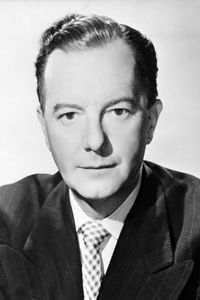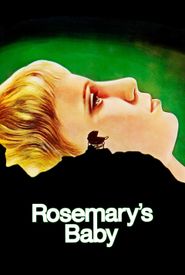Maurice Evans was a renowned British classical actor, born on June 3, 1901, in Dorchester, England, to a justice of the peace who had a passion for amateur playwriting. Evans' father adapted several adaptations of Thomas Hardy's novels, and Maurice would often appear in them. As a boy, he was part of London choirs as a tenor.
Evans made his professional stage debut in 1926, but struggled financially, running a cleaning and dyeing store to make ends meet. His breakthrough came three years later in the play "Journey's End." Although he attempted to transition to film, starring in romantic films like "White Cargo" and "The Path of Glory," he didn't achieve success and refocused on the stage.
After a season with the Old Vic theatre company, Evans moved to America and established himself as one of the world's most illustrious interpreters of Shakespeare. He was particularly renowned for his performances in "Romeo," "Hamlet," "Macbeth," and "Richard II." He was also praised for his mastery of Shavian works, including "Major Barbara," "Man and Superman," and "The Devil's Disciple."
During World War II, Evans served in the Army Entertainment Section, Central Pacific Theater, and left with the rank of major. After the war, he appeared in a few character film roles, including "Kind Lady," "Androcles and the Lion," and "The War Lord." However, his true strength lay in television, where he adapted and directed numerous stage classics, earning an Emmy award for his "Macbeth" in 1960.
Evans is perhaps best known for his delightful appearances on the TV series "Bewitched," playing Elizabeth Montgomery's warlock father. He made guest appearances on other popular TV shows, including "Medical Center," "The Big Valley," "Columbo," "Streets of San Francisco," "Fantasy Island," and "The Love Boat," before making his final on-camera appearance in the TV movie "A Caribbean Mystery" in 1983.
Evans returned to England, where he lived out his remaining years until his death on March 12, 1989, at the age of 87, due to heart failure resulting from a bronchial infection.







































